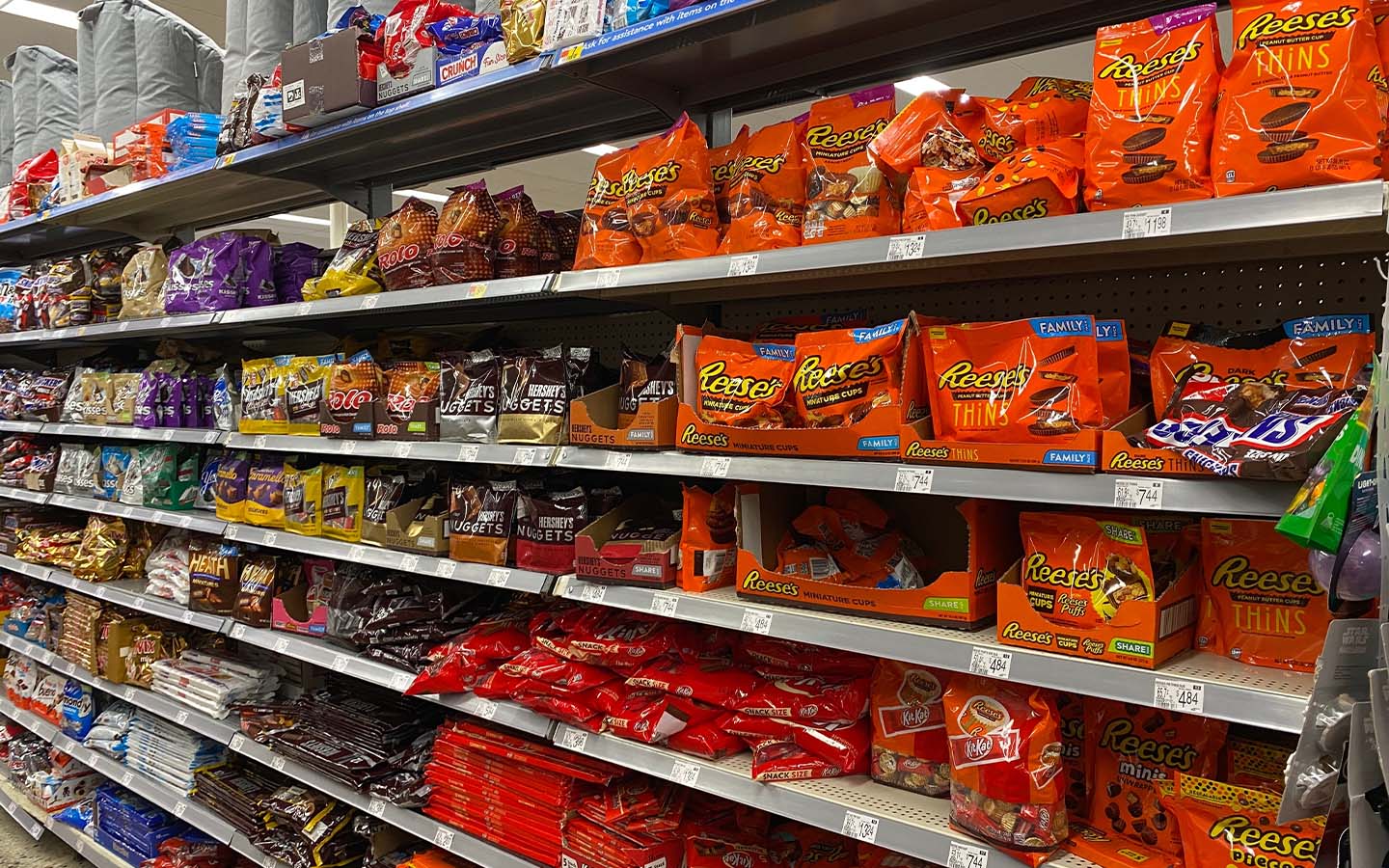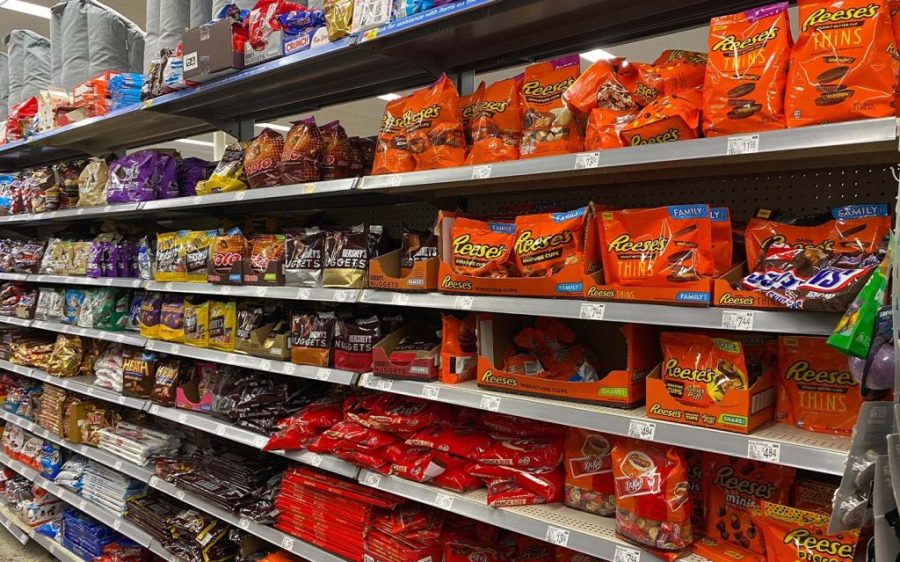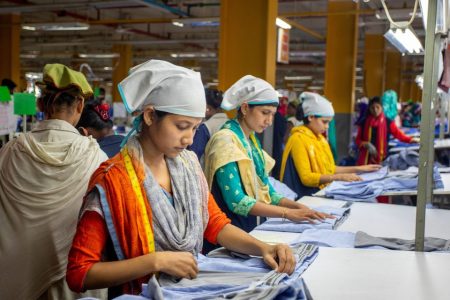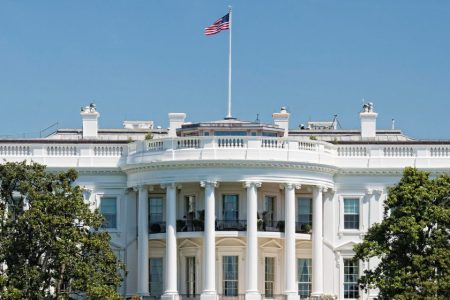Years of production shortfalls have sent cocoa prices soaring, pushing farmers and companies to get creative in this increasingly volatile market.
A confluence of factors has driven production shortfalls across the top cocoa-producing nations over the last few years, and chief among them is climate change, reports Al Jazeera. West Africa, home to the top three cocoa producers in the world, swung from extreme rainfall in 2023 to severe drought and soaring temperatures in 2024.
Cocoa prices nearly tripled in 2024, hitting a record high of US$12,931 per metric ton in December before dropping nearly 37 percent to around US$8,200. The International Cocoa Organization in February forecasted a global cocoa surplus of 142,000 metric tonnes for 2024 to 2025, the first in four years, which may help drive down prices.
Yet concerns are growing. Commerzbank analyst Carsten Fritsch said in a note to clients that the same dry weather that wreaked havoc on last year’s crop will have a similar impact this year. Ageing tree stock and disease remain serious issues for the industry, particularly in top producers Ivory Coast and Ghana, together responsible for around 60 percent of global cocoa production.
[See more: Brazil pioneers a game-changing approach to cocoa production]
Farmers in traditional cocoa growing areas face difficult decisions. Some in Ghana have given up on cocoa completely, selling their land to illegal gold mining operations to get in on the surge in gold prices. Most growers in Ghana and Ivory Coast make poverty wages on this highly valued bean, unable to invest in the necessary improvements to combat extreme weather and replace ageing trees.
Growers in Brazil, meanwhile, are taking a very different approach that may pay off big. Greater resources and access to financing have allowed for the establishment of large-scale, full-sun cocoa farms that could radically change the future of cocoa if successful. But as one government scientist noted, such large-scale use of cloned plants would leave the cocoa trees – already prone to disease outbreaks – even more vulnerable.
Manufacturers have also implemented a range of responses to the crises in cocoa, from cutting sizes to cutting chocolate entirely. Agri-food giant Cargill is partnering with US-based chocolate alternative producer Voyage Foods on cocoa-free bars made from grape seeds, sunflower flour and other flavourings.
Startups like Nukoko and Planet A are exploring other means of enhancing or mimicking the aromas and flavours of chocolate, while companies like Fix Dessert Chocolatier offer lower chocolate options like Dubai chocolate, a bar filled with pistachio and tahini inspired by the sweet, cheesy kunafa, a staple dessert across the Middle East and North Africa. Meanwhile established chocolate makers like Mars have opted for a simpler solution: higher prices for smaller products.






